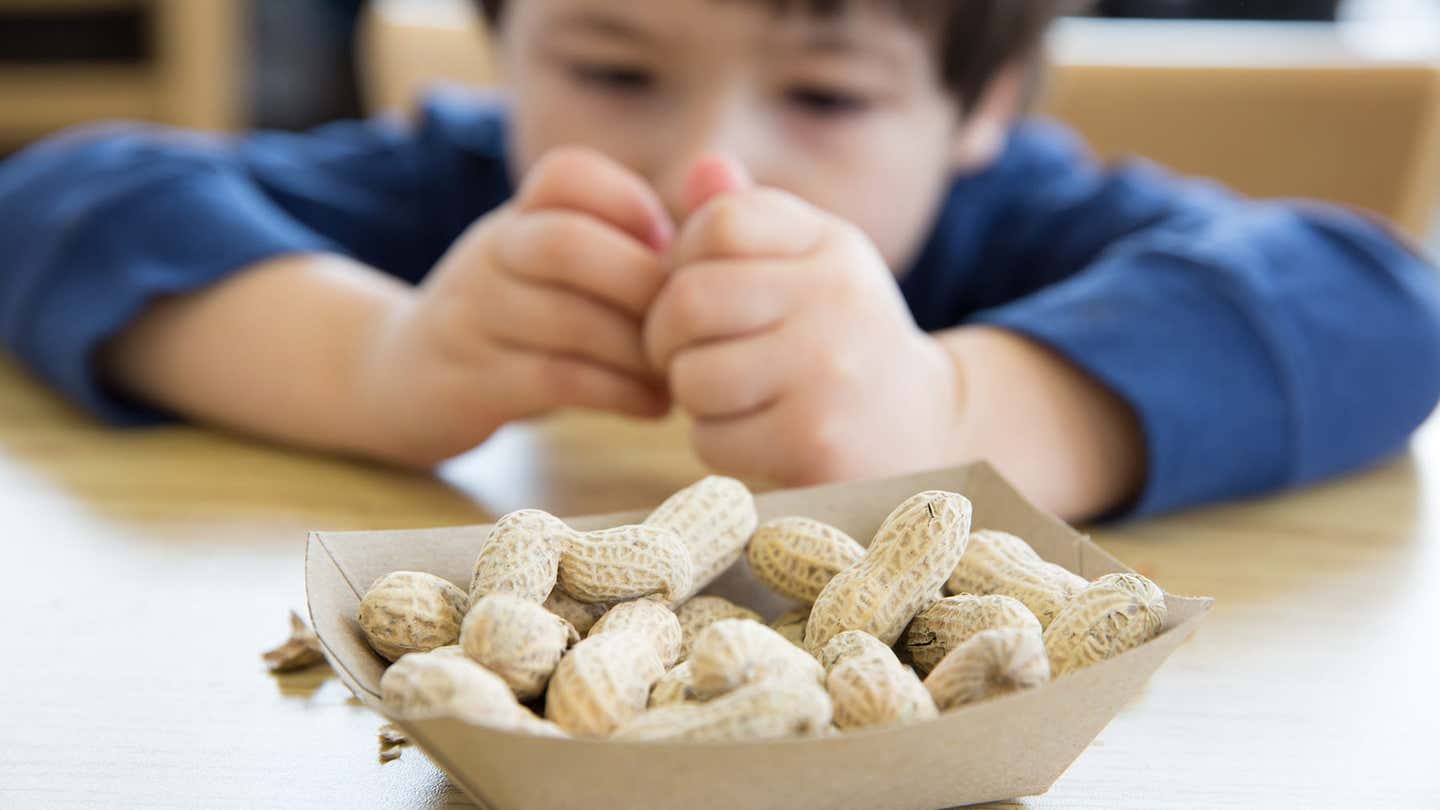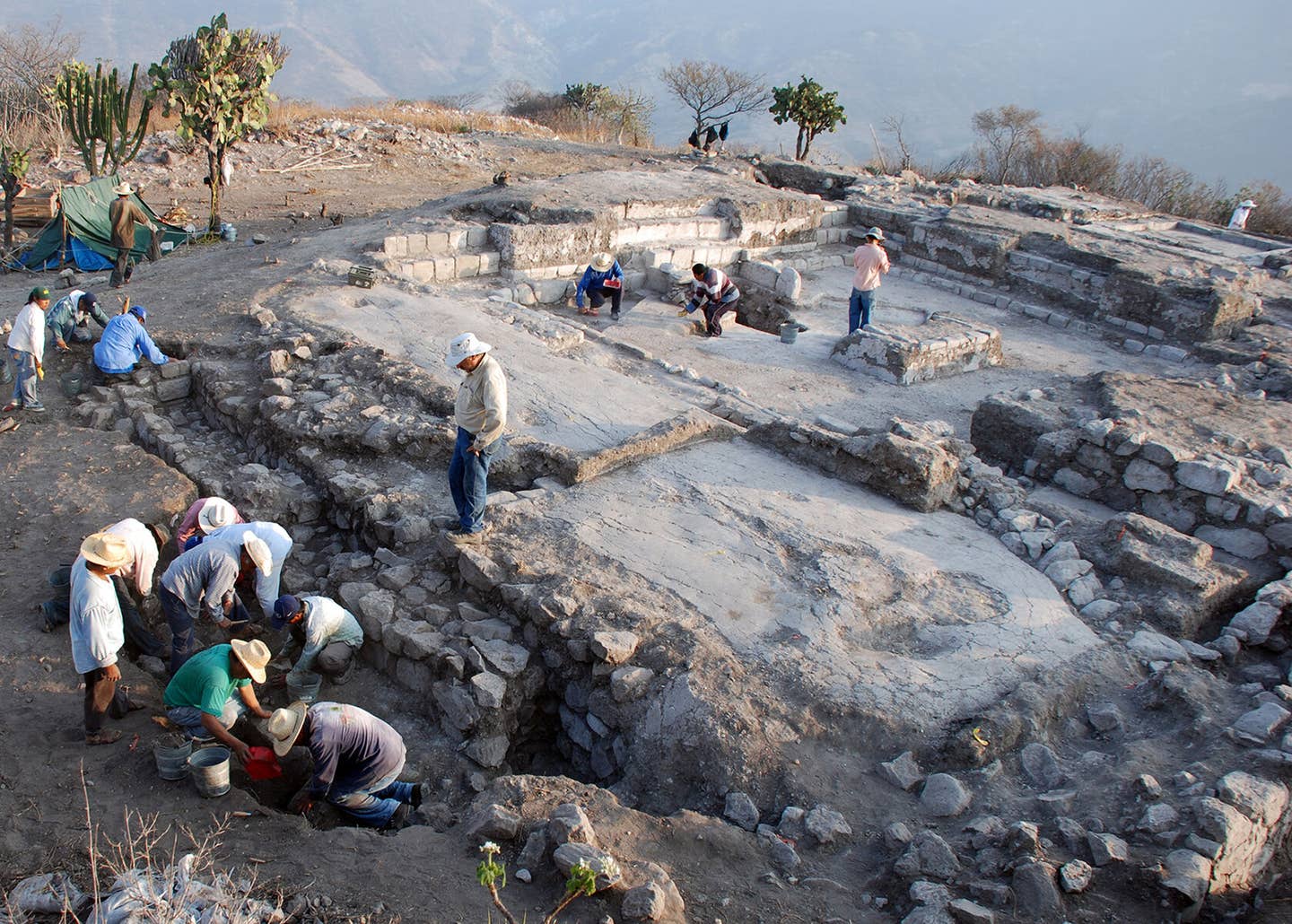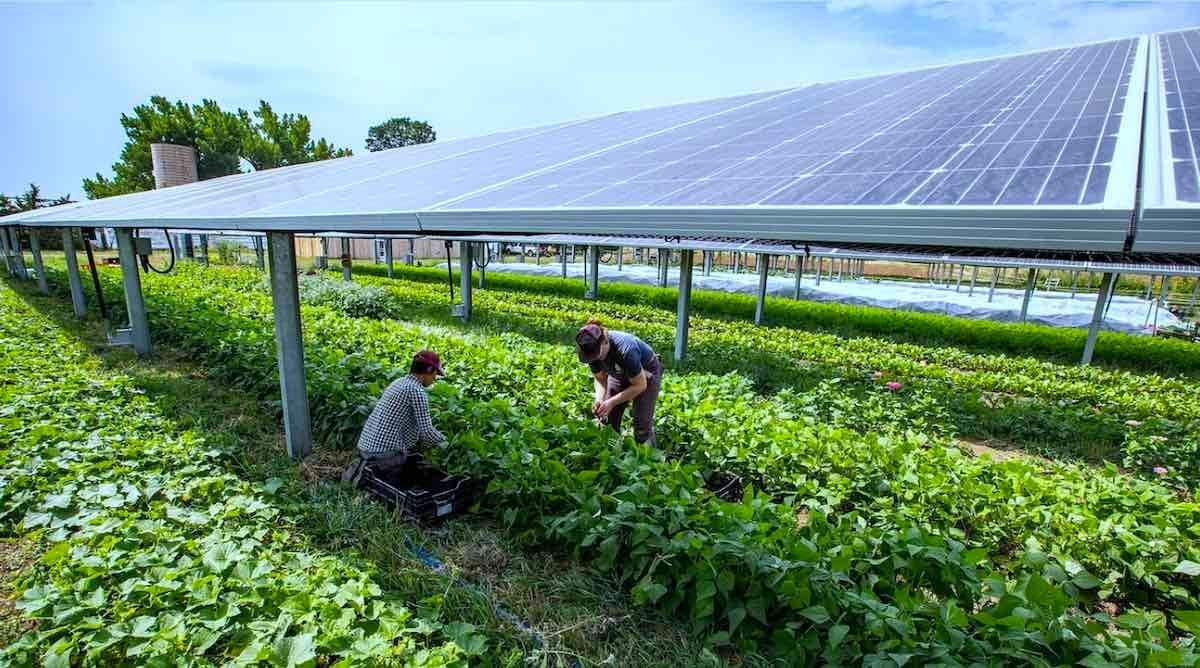Scientists develop the world’s-first peanut allergy treatment for babies
The ADAPT OIT Program is designed to change how the most common food allergy among Australian school-aged children is managed.

This program aims to build tolerance to peanuts and, ideally, achieve remission. (CREDIT: CC BY-SA 3.0)
Australia is taking a groundbreaking step in allergy care with the introduction of a peanut allergy treatment program for babies. This initiative, a world-first, will be rolled out across ten pediatric hospitals in five states.
The program is a collaboration between these hospitals and the National Allergy Centre of Excellence (NACE), which is hosted at the Murdoch Children’s Research Institute (MCRI). This marks the first time a nation-wide peanut oral immunotherapy (OIT) program is being incorporated into mainstream healthcare on such a scale.
The ADAPT OIT Program is designed to change how the most common food allergy among Australian school-aged children is managed. Traditionally, those with peanut allergies are advised to avoid peanuts entirely. However, this program aims to build tolerance to peanuts and, ideally, achieve remission. This approach is a significant shift from the conventional strategy of strict avoidance.
The program is available at no cost to children under 12 months old who have been diagnosed with a peanut allergy and are under the care of an allergist at one of the participating hospitals. The number of participants at each hospital will depend on the demand and available resources. Eligible children will follow a carefully monitored daily dosing schedule of peanut powder at home, which will continue for two years.
Professor Kirsten Perrett, the Director of NACE and Leader of MCRI’s Population Allergy Group, emphasized the uniqueness of this initiative. Unlike clinical trials, this treatment is being introduced as a new, standardized model of care. It represents the first peanut allergy treatment program offered in Australian hospitals outside of a clinical trial setting.
Related News
"Oral immunotherapy is being variably implemented around the world using different approaches, making it difficult to assess the results, including the long-term outcomes for children, their families, and the health system," said Professor Perrett, who also heads the ADAPT OIT Program. This program seeks to standardize treatment and provide reliable data on its effectiveness.
At the end of the treatment, a food allergy test will help determine if remission has been achieved. Children will continue to be monitored for at least 12 months through routine clinical care. This extended follow-up will help evaluate the program’s safety, effectiveness, impact on quality of life, and long-term outcomes.
The ultimate goal is to change the trajectory of allergic diseases in Australia, allowing more children to attend school without the constant fear of a life-threatening peanut reaction. The NACE, funded by the Federal Government, will lead an evaluation study to analyze the results of the program. If successful, the hope is that more hospitals and private clinics, including those in regional and remote areas, will adopt the program.
Assistant Minister for Health, Ged Kearney, expressed optimism about the initiative: “The Albanese Labor Government is funding life-changing medical research to save lives while building capacity and capability, which is so critical in allergy research. This new model of care might be the game changer we have all wanted to stop this terrible allergy in its tracks.”
Dr. Michael O’Sullivan, an Allergist and Program Lead at Perth Children’s Hospital and Fiona Stanley Hospital in Western Australia, advised families who suspect their baby has a peanut allergy to visit their GP. “Australian guidelines recommend infants be introduced to common allergens, such as peanut in the form of peanut butter, in the first year of life,” he said. He also stressed the importance of consulting a GP if a baby shows signs of an allergic reaction to peanuts, who may then refer the child to a participating hospital.
Peanut allergies are a significant concern in Australia, affecting 3.1% of 12-month-olds. Moreover, over two-thirds of children with a peanut allergy remain allergic by the age of 10, according to research led by MCRI. Dr. Lara Ford, an Allergist and Program Lead at the Children’s Hospital at Westmead in NSW, highlighted the anxiety many families face due to the fear of accidental exposure to peanuts. She believes that this program could alleviate that burden.
The Chatwin family is among those hoping for a positive outcome from the program. They first noticed their son, Hunter, had a peanut allergy when he developed hives after eating peanut butter at six months old. Now nine months old, Hunter has been referred to the ADAPT OIT Program at The Royal Children’s Hospital in Melbourne.
“We are taking part in the program to try and improve his chance of being able to safely eat peanut in the future,” said his mother, Kirsten. She added that many families are desperate to protect their children from allergic reactions and anaphylaxis. For them, the availability of this program in public hospitals at no cost is a significant relief.
Dr. Tim Brettig, the Medical Lead of the ADAPT OIT Program, noted that while OIT may not be suitable for everyone and does not guarantee remission, it offers a promising approach. “OIT treatment takes time and this program requires a long-term commitment from families to give their child daily doses of peanut powder at home along with regular visits to their hospital allergy clinic,” he said. It's important to understand that OIT is not a cure, but following the treatment may increase the likelihood of safely consuming peanuts.
Throughout the program, children will be provided with an Anaphylaxis Action Plan and adrenaline injector, and families will receive a comprehensive education pack along with access to an on-call allergist.
Eligible babies will be referred to the program by their allergist from one of the participating hospitals, which include The Royal Children’s Hospital in Victoria, Perth Children’s Hospital and Fiona Stanley Hospital in Western Australia, Queensland Children’s Hospital, Women’s and Children’s Health Network in South Australia, and various hospitals across NSW.
Note: Materials provided above by The Brighter Side of News. Content may be edited for style and length.
Like these kind of feel good stories? Get The Brighter Side of News' newsletter.
Rebecca Shavit
Science & Technology Journalist | Innovation Storyteller
Based in Los Angeles, Rebecca Shavit is a dedicated science and technology journalist who writes for The Brighter Side of News, an online publication committed to highlighting positive and transformative stories from around the world. With a passion for uncovering groundbreaking discoveries and innovations, she brings to light the scientific advancements shaping a better future. Her reporting spans a wide range of topics, from cutting-edge medical breakthroughs and artificial intelligence to green technology and space exploration. With a keen ability to translate complex concepts into engaging and accessible stories, she makes science and innovation relatable to a broad audience.



